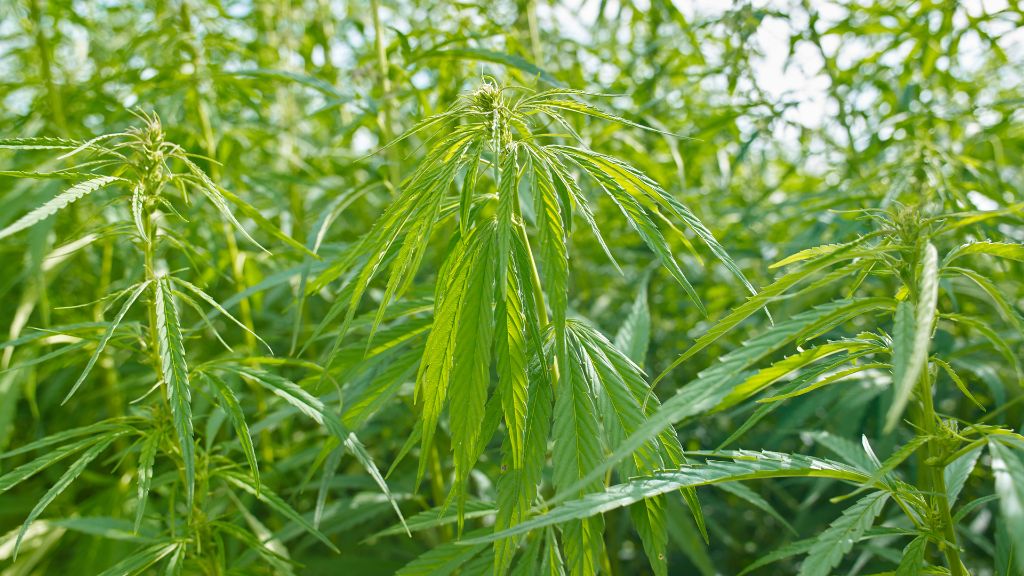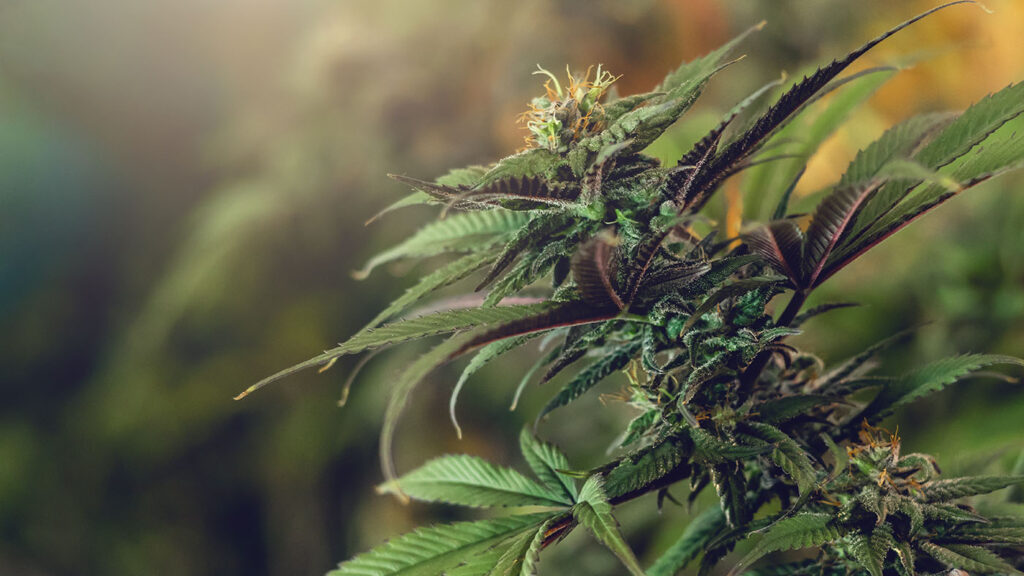Estimated reading time: 1 minute
Table of contents

Introduction
Cannabis Legalization in Kansas remains a contentious issue as lawmakers revisit the possibility of legalizing medical cannabis. Since 2021, Kansas legislators have explored reform initiatives, yet repeated efforts have stalled due to procedural roadblocks and partisan debates. With strong public support for medical cannabis, the 2025 legislative session could prove pivotal in breaking this impasse.
Legislative History and Challenges
In 2021, Kansas lawmakers made an early push for reform when House members voted 79-42 to advance a medical cannabis initiative. However, the momentum quickly faltered when Republican Senate President Ty Masterson opted not to call the bill for a vote in his chamber. Subsequent legislative attempts over the past three years have similarly stalled. During the last biennial session, the Kansas Senate Federal and State Affairs Committee tabled the debate, with Masterson dismissing the proposal as a “nonstarter.” He emphasized that any approach to medical cannabis must “protect our children,” expressing a willingness to consider only a highly controlled pilot program.
Interim Committee and Recent Developments
Following the adjournment of the previous session, lawmakers formed an interim committee on medical cannabis. Over two days in October, state officials, law enforcement, business leaders, and medical professionals provided their insights on the issue. Despite these efforts, the committee ultimately rejected a motion from Sen. Cindy Holscher, D-Overland Park, to endorse legalization heading into the 2025 session. “I just feel like we keep circling here by doing interim committees and never really moving forward on the issue,” Holscher commented. More recently, on February 19, Holscher attempted to attach an amendment—to include “medical cannabis” among the treatments allowed—to a bill focused on expanding terminally ill patient access to experimental drugs. However, this amendment did not succeed.
Public Opinion and Future Prospects
Despite the legislative hurdles, public sentiment in Kansas is in favor of medical cannabis reform. An Emerson College Polling survey released in October 2024 found that 73% of Kansas voters support allowing qualifying patients to access medical cannabis. As one of 24 states lacking citizen-initiated ballot measures, Kansas faces unique challenges in enacting reform. Nonetheless, the strong voter support makes Kansas a state “to watch” in 2025 as advocates continue to push for change.
Conclusion
The journey toward Cannabis Legalization in Kansas is marked by repeated setbacks and cautious legislative maneuvers. Yet, with growing public backing and persistent advocacy from reform-minded lawmakers, there is renewed hope for progress in the 2025 session. Kansas stands at a critical crossroads, and the coming months will be decisive in determining whether the state can finally overcome its longstanding obstacles and provide much-needed access to medical cannabis for its residents.
Cannabis Legalization Kansas 2025 FAQs
Recreational marijuana is still illegal in Kansas, so there are no recreational cannabis dispensaries in the state.
Medical marijuana is illegal in Kansas. The state is one of a few jurisdictions in the whole nation that has yet to legalize cannabis in one form or the other.
All Kansas residents can legally buy our broad spectrum of CBD gummies that don’t contain THC, CBD edibles like CBN gummies, CBD gummies for sleep, and melatonin gummies.
Kansas residents can legally purchase CBD products from physical stores or online. They can buy THC-free CBD products from CBD dispensaries, pharmacies, vape shops, grocery stores, and health food stores. Residents can also buy CBD products online from third-party markets or directly from a product brand.
In 2021, Kansas Attorney General Derek Schmidt clarified that Delta-8 THC is considered a controlled substance unless it’s made from industrial hemp and contains no more than 0.3% total THC. This has caused some retailers to pull Delta-8 products off their shelves to avoid legal trouble.
Delta-9 THC: Under the 2018 “Farm Bill,” hemp-derived products with no more than 0.3% Delta-9 THC are federally legal. Kansas follows this rule, meaning products like edibles and tinctures that meet this legal threshold are permitted in the state.
Delta 10 THC is federally legal in the United States and is legal in Kansas! According to state law, which is in line with federal law, Kansas has specifically legalized all Hemp products which contain an acceptable level of Delta 9-THC.
Aside from one minor exception, the purchase, growth, use, and possession of marijuana is illegal in Kansas. Getting caught with any amount carries the potential for jail time and fines, no matter how small. Kansas has no medical marijuana program in place, nor does it allow adult-use recreational marijuana.
Kansas legislators have debated medical cannabis during the session or in a special committee in 2021, 2022, 2023 and 2024. Yet cannabis is still illegal in Kansas as of 3/2025.
Additional Resources
Free eBooks For Cannabis Business Success
Latest Articles
- Cannabis 280E Compliance and COGS Optimization Expert StrategiesThe cannabis industry operates under a unique federal tax burden imposed by Internal Revenue Code (IRC) §280E. While state legalization has flourished, this provision, which denies deductions for ordinary business expenses of trades dealing in controlled substances, remains the single greatest threat to cannabis profitability.
- Owner’s Rep for Cannabis Dispensary Buildout: Expert Compliance & Project ManagementNavigating the highly-regulated world of a cannabis dispensary buildout requires specialized expertise beyond standard construction. The complexity of securing a final operating license, controlling costs, and preventing opening delays for a cannabis dispensary hinges on professional guidance. This is why securing an experienced Owner’s Rep for Cannabis Dispensary Buildout is a critical first step.
- The Indispensable Owner’s Rep for Cannabis Cultivation Facility Buildout: Expert Project Management to Prevent Cost OverrunsIn this high-stakes arena, the Owner’s Rep for Cannabis Cultivation Facility buildout is the crucial strategic partner. They are the expert professional who ensures the owner’s vision is translated into a successful, operational, and profitable reality.
- Cannabis Dispensary Compliance: Training, Inventory & ProfitabilityIn today’s regulated cannabis market, cannabis dispensary compliance is not optional—it is the foundation of a sustainable and profitable retail business. Every dispensary, from boutique shops to multi-state operators, must follow strict dispensary regulatory compliance standards, maintain accurate cannabis inventory management systems, and invest in ongoing cannabis dispensary training programs.
- Beyond Compliance: Implementing a Cannabis Dispensary Secret Shopper ProgramAs a cannabis retail owner, you operate in a high-stakes environment where federal prohibition meets state-regulated commerce. Your retail floor is not just a sales hub—it’s a constant target for mandatory inspection and the front line for brand differentiation. The most critical tool for navigating this complex reality is the professional, recurring Cannabis Secret Shopper program.
- Architects of the Cannabis Industry: What Defines An Expert Canna Consultant?An expert Canna Consultant is the strategic architect and operational engineer of a cannabis venture. They are specialized cannabis industry consultants who translate ambiguous legislation into profitable business processes.











